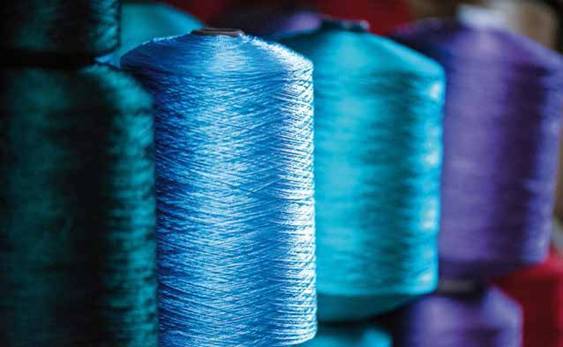Man-made fibre (MMF) industry is contributing 2% to India’s GDP and providing jobs to over 18 million people directly and more than 20 million indirectly and technical textiles are expected to see a significant growth in coming time, according to a textiles export body. Synthetic & Rayon Textiles Export Promotion Council chairman Ronak Rughani said with an increasing focus on protecting environment, the demand for man-made fibre (MMF) textiles as a substitute for cotton is growing globally.
“Globally increasing price volatility, durability and sustainability concerns have made leading fashion brands to gradually shift the fibre mix in favour of synthetic fibres, especially polyester and viscose,” he said. Currently MMF dominates global textile fibre consumption with 72:28 ratio —MMF 72% and natural fibre 28%.
The share of MMF had been steadily increasing due to cutting-edge technology, its durability and sustainability concerns, he added. Man-made fibre exports have grown to contribute 16% to the total textile and clothing exports from India worth $40 billion in 2018-19. “We contribute 2% to India’s GDP and employ more than 18 million people directly and more than 20 million people indirectly. We export entire MMF textile value chain including fibre, yarn, fabrics and made-ups to nearly 140 countries. More than 60% of our exports are of value-added items such as made ups and fabrics,” Rughani said in a statement here.
India produces over 1,441 million kg of MMF and over 3,000 million kg of man-made filaments annually. India is the second largest producer of polyester and viscose in the world.

